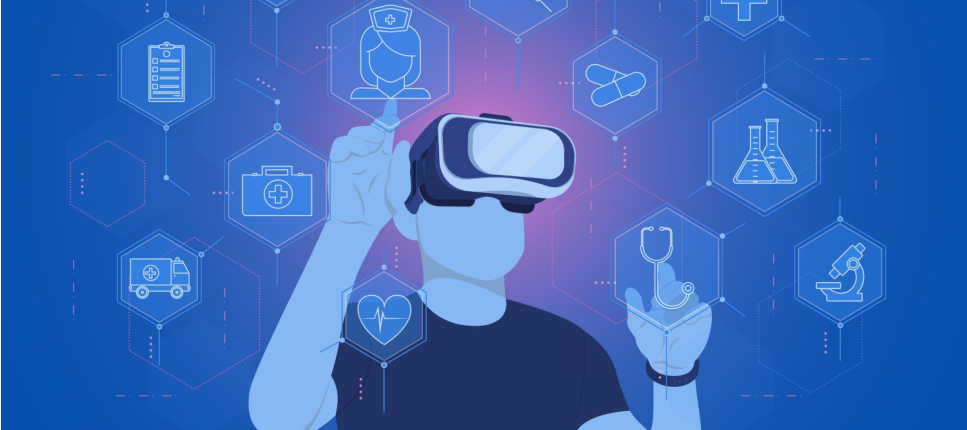In a world where the boundaries of knowledge are constantly expanding, staying ahead of the curve is not just an option, it’s a necessity.
Delve into the fascinating intersection of educational technologies, workplace transformation, upskilling, reskilling, neuroscience, artificial intelligence, virtual reality, and the vast universe of learning.
How to deal with the stress before an exam
Exams are a significant source of stress for many students, and it's essential to find ways to manage that stress to ensure the best possible outcomes. Here are some research-backed tips on how to adapt to the pressure before exams.
Motivation and Success from the Brain’s Perspective: Test Your Knowledge
Considered one of the essential elements for success in learning, motivation is a remarkably complex phenomenon. Over the decades, however, the field of education has been able to draw on abundant literature on the subject to improve its pedagogical and andragogical approaches. More recently, neuroscience has provided new keys to understanding the phenomenon based on the observation of its mechanisms in the brain.
5 points on VR in medical education
To respect the ethical principle of "never once on the patient," simulation in various forms has been an integral part of the training of healthcare professionals in North America for several decades. Virtual reality appears to be the technology of the future par excellence to ensure the acquisition of a wide range of practical and experiential learning necessary for these professionals' initial and ongoing training. Here are five points that will shed light on the potential of VR for medical education.
[VIDEO] 8 tips for using humour in the classroom
Humour is as important to our individual psychological balance as it is to our social balance. The classroom being a microcosm of society, and the fact that we spend a good part of our lives there, it seems essential that this form of humour has a place there and that we take more interest in its effects.
A Conversation With Newton
VR and AI Prototype: A Conversation with Newton is a fully immersive VR experience where the user can visit Isaac Newton in his recreated study room at Woolsthorpe Manor and have an unscripted conversation with him on any topic related to his life and work.
7 elearning trends to keep you ahead of your competition
As technology advances, the elearning industry rapidly changes. One of the key techniques for an organization to stay relevant and exceed clients' expectations is to be mindful of the industry's trajectory. Staying ahead of the competition is easier said than done. However, keeping in mind the current and future trends are surely an integral part. Let's examine some of them.
[INFOGRAPHIC] Microlearning, benefits and disadvantages
Microlearning involves delivering educational content in short, bite-sized chunks that learners can easily access and assimilate. While this approach has many benefits, it also has its disadvantages. In this infographic, we will explore some of them.
The Fascinating Memory: Test Your Knowledge!
Do you know the characteristics of long-term memory and short-term memory? Do you understand the factors that influence the memory process? Do you think that forgetting can be a good sign? Do you know the effects of stress on memory? Test your knowledge by answering the following five questions.
3 tips for self-regulated learning
Among the most interesting concepts that address the notion of autonomy in learning, self-regulated learning is a rich concept that focuses on the dynamic process by which the learner, guided by goals, plans, observes and evaluates their learning. In a previous article, we presented the main keys to understanding this concept and its field of study. Here are three tips from Professor Laurent Cosnefroy's literature review to help you transition from theory to practice!
[VIDEO] Universal Design for Learning
The primary goal of any educator is to get every learner to achieve their maximum academic potential. And any learning environment should aim to be inclusive for all learners, maximize their chances of success, and reduce inequities in their learning journeys. To ensure that these goals are incorporated into curriculum design, guidelines have been issued under the term of Universal Design for Learning, also known as UDL.










